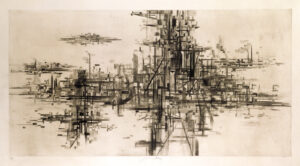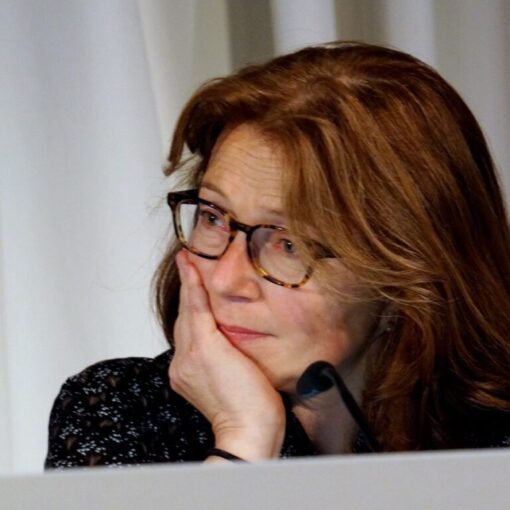
By Michael Hardt & Sandro Mezzadra
Both of these books are born of crisis, although the crises in question are of different registers. As is well known, one stimulus for Marx writing the notebooks that were eventually published as the Grundrisse was the 1857 crisis of the capitalist world market. Toni Negri’s book, too, is written at a time of capitalist crisis, in the mid-1970s, but more important for us is the way that the Grundrisse served for him and many others as a means to address a crisis in Marxism.
We have seen many reorientations of Marxism based on a re-evaluation of the primary texts, such as the valorization of the early manuscripts by Marcuse and others to pull Marxism away from Soviet orthodoxy and Althusser’s “return” to Capital as a means to bolster structuralist interpretations. The Grundrisse played a similar role, not only for Negri but also Rosdolsky, Dussel, and others. Today, however, the Grundrisse may be losing this role, insofar as in the most recent edition of the Marx-Engels complete works (MEGA2) the Grundrisse effectively disappears among a sea of other drafts written by Marx during the late 1850s and early 1860s. With this “philological turn,” despite all the gains it implies, there is a risk to lose the clarity and political effects that previous publication of the Grundrisse provided.
For Negri, the Grundrisse allowed him to address a double crisis of Marxism: a crisis of “official” Marxism, represented in Italy primarily by the theoreticians of the Italian Communist Party and the interpretations of Capital; and a crisis of the revolutionary workers movement and the entire set of liberation movements active at the time. Whereas interpretations of Capital led back to objective understanding of economic theory and emphasized the expansion of productive forces, Negri argued, the Grundrisse opened a subjective vision of the autonomous organization of the proletarian world. Moreover, the Grundrisse provided the opportunity to go “beyond Marx,” based on both the developments of capital and the liberation movements that Marx could not foresee.
After these introductory remarks, we will develop some themes that seem to us particularly relevant in the current conjuncture, including the formation of the world market, the tendency toward communism, the refusal of work, and the relation of class struggle to other liberation movements. And we will reflect anew on the relation of the Grundrisse to Capital, proposing to take the political emphasis of the former as a key to a reading of the latter and to a new foundation of the entire Marxian project of a critique of political economy.




